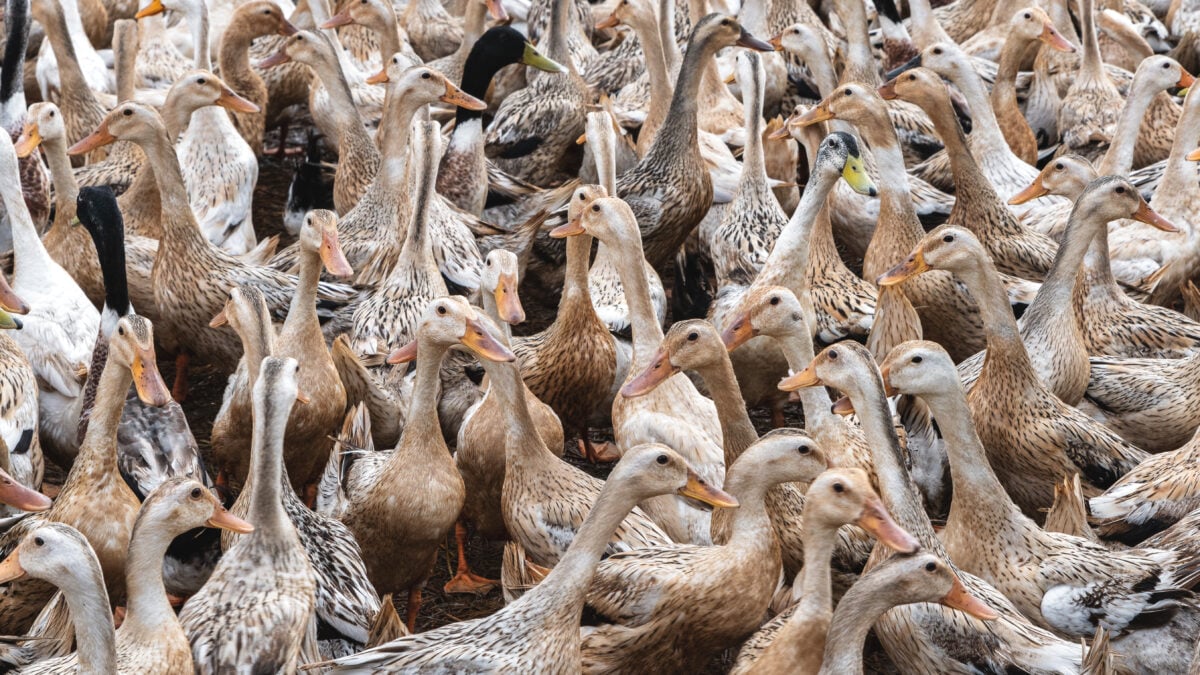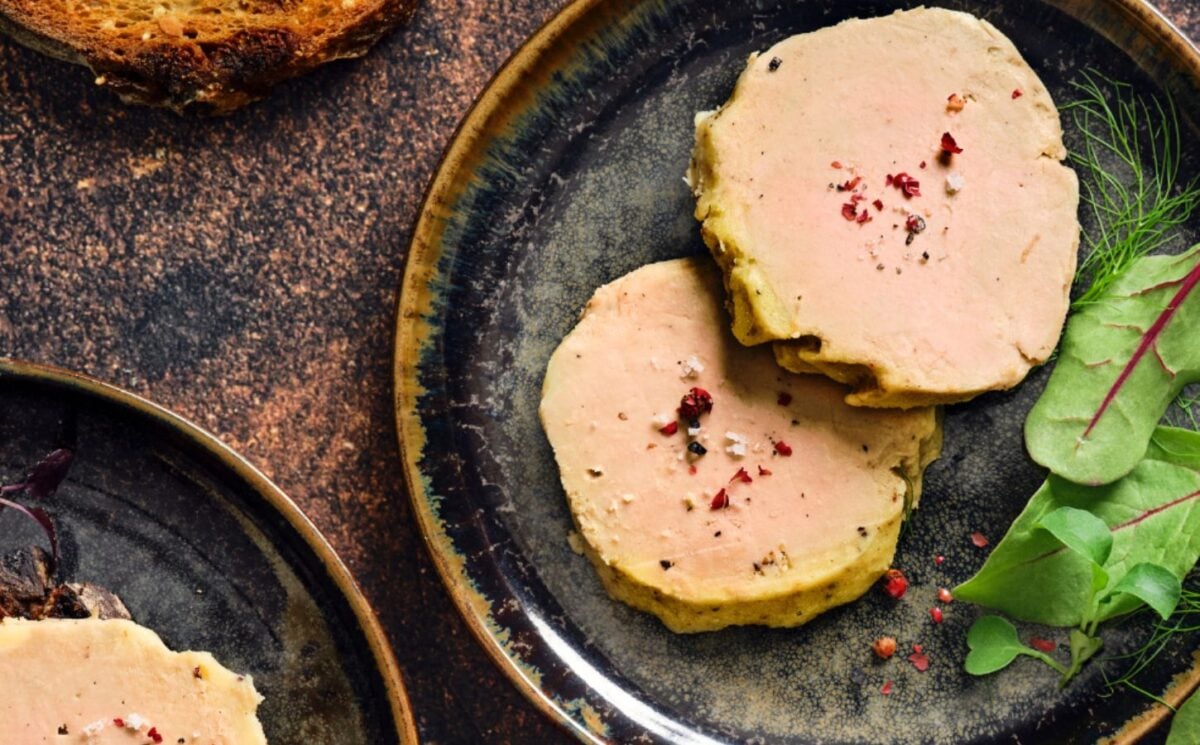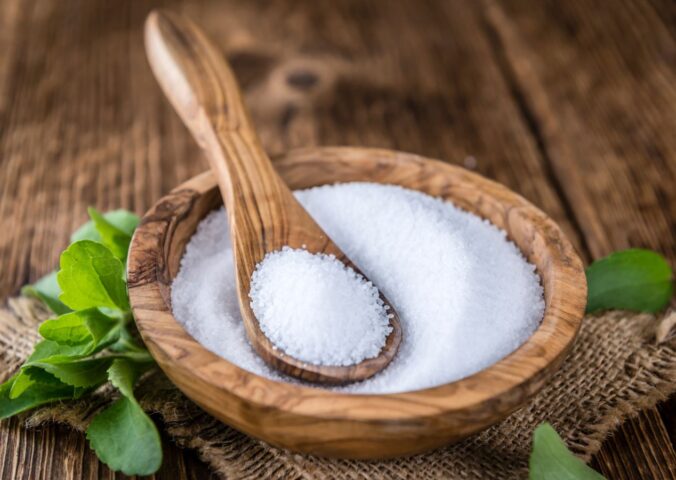French startup Gourmey has submitted novel food applications for five key markets in order to sell its cultivated foie gras product.
Read more: Cultivated Meat For Companion Animals Approved In The UK
In what Gourmey itself describes as a “world-first,” the company requested approval for market access in Singapore, the US, the UK, the EU, and Switzerland.
All “novel” foods – meaning ingredients without an extensive history of consumption – are subject to rigorous safety checks before introduction, including cultivated meat (also known as “cell-based” and “lab grown” meat). While some cultivated foods are already approved for sale in Singapore, the US, and Israel, Gourmey is the first company to seek novel food approval in Europe.
According to a statement, Gourmey has filed applications with the US Food and Drug Administration (FDA), the Singapore Food Agency (SFA), the UK’s Food Standards Agency (FSA), the Swiss Federal Food Safety and Veterinary Office (FSVO), and both the European Commission (EC) and European Food Safety Authority (EFSA).
“We are confident that our products will meet these highly demanding standards, so that everyone who wants to can enjoy new gourmet experiences,” said Gourmey CEO Nicolas Morin-Forest.
Read more: From Alternative Protein To Pickling: Research Predicts Huge Changes To UK Diets By 2054
Diversifying protein production is ‘crucial,” says Gourmey CEO

Companies produce cultivated meat by placing real animal cells them in a bioreactor to replicate. These are typically bolstered with plant protein and grown into recognizable forms such as nuggets, steaks, or other cuts of meat. Gourmey extracts cells from a duck egg to make its foie gras.
Cultivated meat requires the use of an animal or animals in its production. As a result, most vegans say they would prefer to avoid it. But the process does mean that popular food products can be made without animal deaths and with a minimal environmental footprint.
Conventional foie gras is particularly controversial product. It refers to a pâté made from the enlarged liver of a goose or duck. Birds farmed for foie gras will often be forced fed by having a tube shoved down their throat two or three times a day. This means that the contrast between the duck-based original and Gourmey’s cultivated alternative is particularly stark.
“Diversifying protein production is crucial for sustaining food security and contributing to sustainability objectives such as decarbonization and biodiversity,” added Morin-Forest.
Read more: New York City’s Foie Gras Ban Challenged By State






